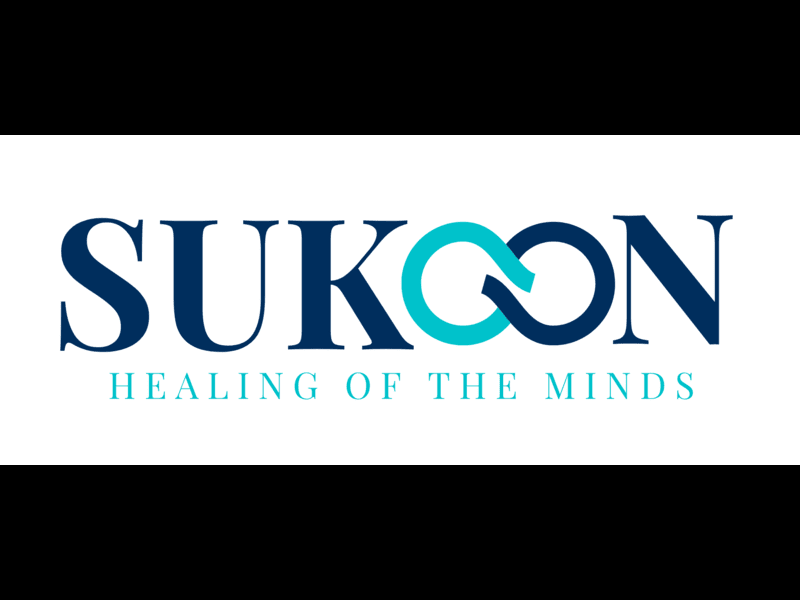Sukoon Health, a chain of mental health hospitals, has launched a cashless insurance scheme for patients seeking psychiatric inpatient care. The scheme covers a wide range of mental health conditions and aims to make mental healthcare more accessible and affordable. Sukoon Health has collaborated with five private insurance companies to provide this initiative.
The need for mental healthcare in India
Mental health is a crucial aspect of well-being, but often neglected due to stigma, lack of awareness and high costs. According to the World Health Organization, India has one of the highest rates of depression and anxiety in the world, affecting more than 10% of the population. However, only a fraction of those who need help seek professional care, and even fewer have insurance coverage for mental health services.
According to the National Mental Health Survey of India 2015-16, only about 10% of people with mental disorders received evidence-based treatments. The survey also found that the prevalence of mental disorders was higher in urban areas than rural areas. The economic loss due to mental health conditions, between 2012-2030, is estimated at USD 1.03 trillion. Moreover, India has one of the highest suicide rates in the world, with 21.1 deaths per 100 000 population.
These statistics highlight the urgent need for improving the availability and quality of mental health services in India.
The features of Sukoon’s cashless insurance scheme
To address this gap, Sukoon Health has announced an initiative to provide cashless coverage for patients seeking psychiatric inpatient care. To avail cashless insurance benefits at Sukoon, individuals are required to undergo a minimum hospitalisation period of 24 hours, acting as the necessary duration for initiating insurance claims within the mental health coverage. Certain treatments, such as those for alcohol dependence, substance dependence, self-harm, and talk therapy, are excluded from coverage and are ineligible for cashless insurance benefits.
Sukoon’s mental health insurance offers coverage for a wide range of conditions, including bipolar disorder, acute depression, anxiety disorders, schizophrenia, mood disorder, psychotic disorder, post-traumatic stress disorder, obsessive-compulsive disorders, and attention-deficit/hyperactivity disorder. Sukoon Health runs a chain of mental health hospitals in Delhi and Gurugram and has plans for 40 such centres in Bengaluru, Mumbai and Mohali and others to provide acute psychiatric care. The collaboration with insurance firms for cashless coverage strengthens Sukoon’s position, and also plays a pivotal role in shaping the future of mental healthcare in India.
The benefits of Sukoon’s cashless insurance scheme
Sukoon Health’s founder and CEO Dr Sameer Parikh said that the initiative is a step towards destigmatising mental health and making it more affordable and accessible. He said that Sukoon Health aims to provide holistic care to patients with evidence-based treatments, personalised care plans and multidisciplinary teams. He also said that Sukoon Health hopes to inspire more people to seek help for their mental health issues without worrying about the financial burden.
Sukoon Health’s cashless insurance scheme is a welcome move for the mental health sector in India, which has been struggling with low awareness, high costs and inadequate infrastructure. By offering cashless coverage for psychiatric inpatient care, Sukoon Health is making mental healthcare more accessible and affordable for millions of Indians who need it.
Recent Blog : CDSCO New Sampling Guidelines for Drug and Cosmetic Quality
